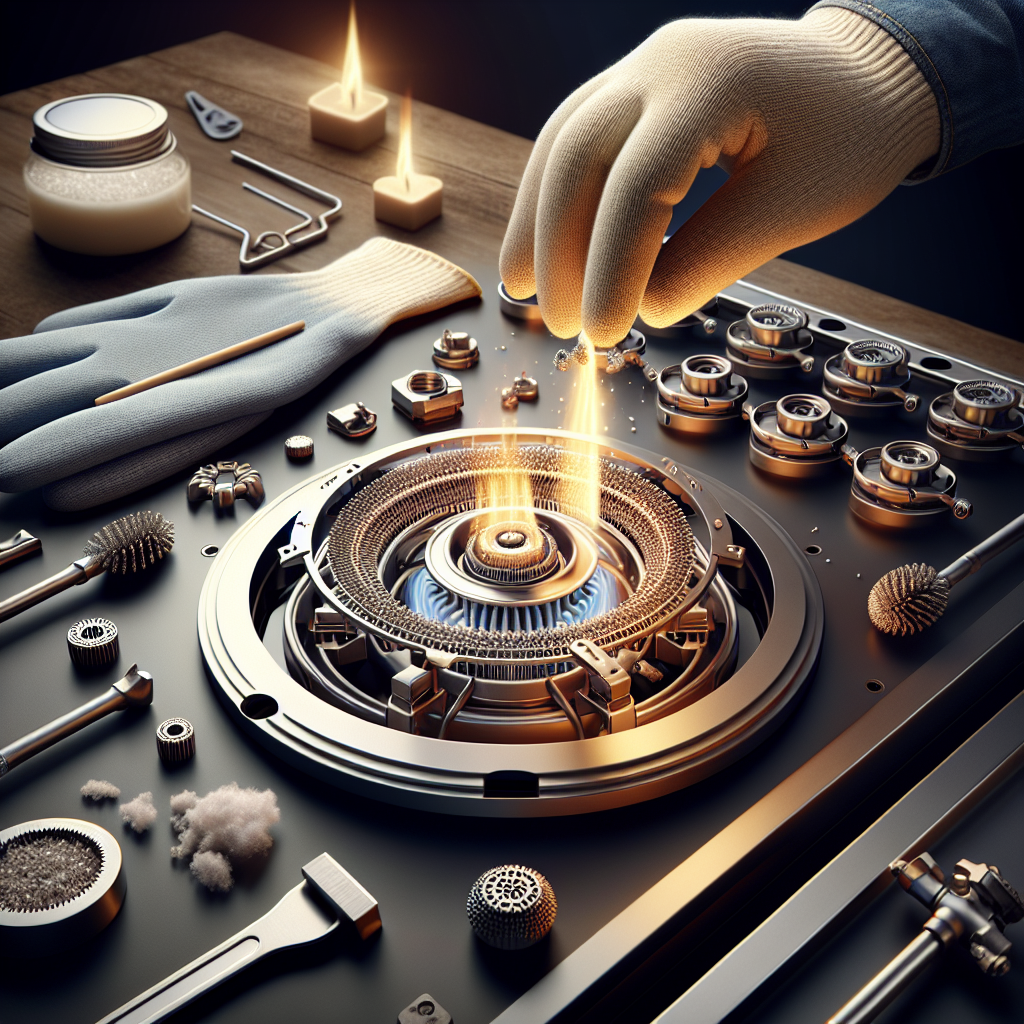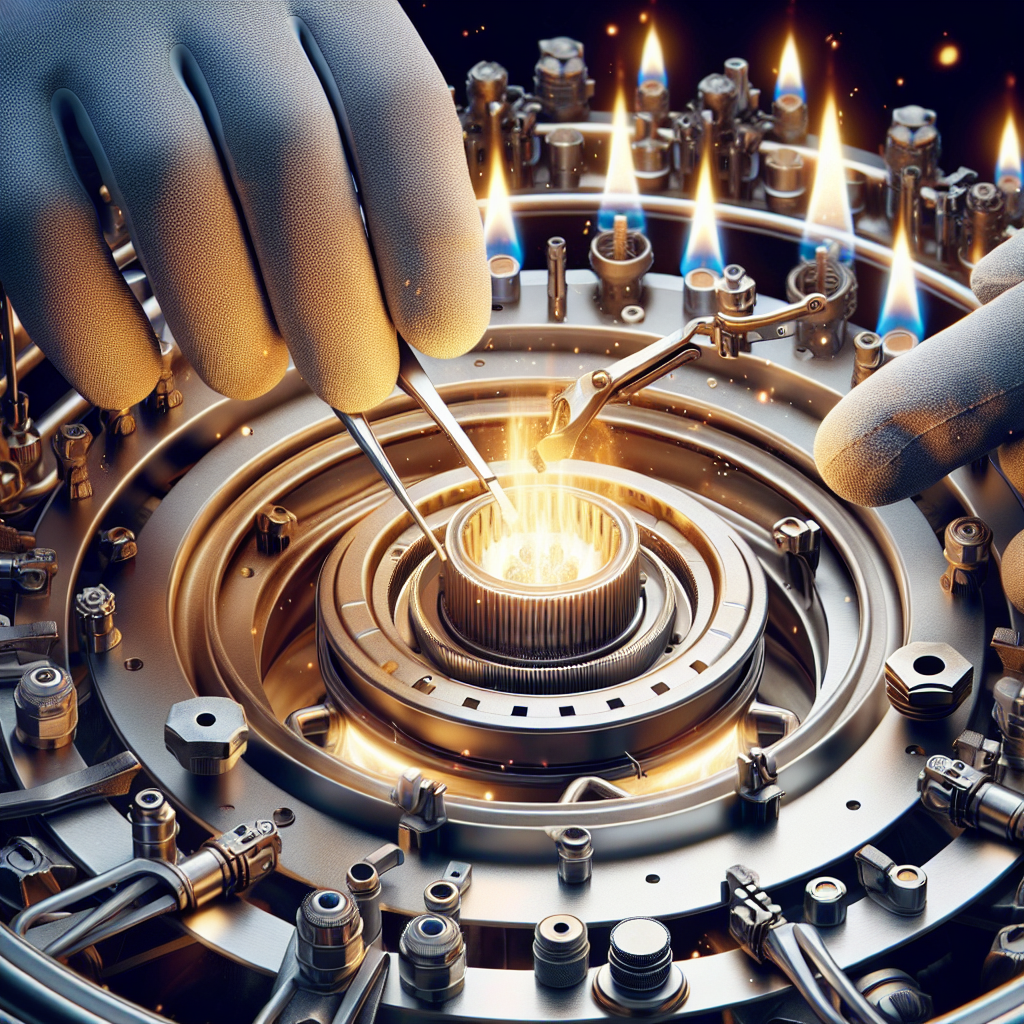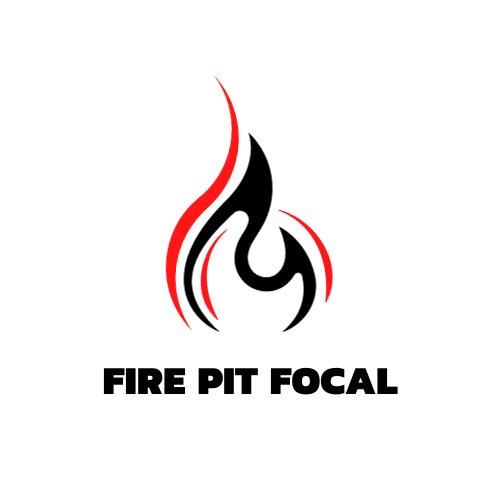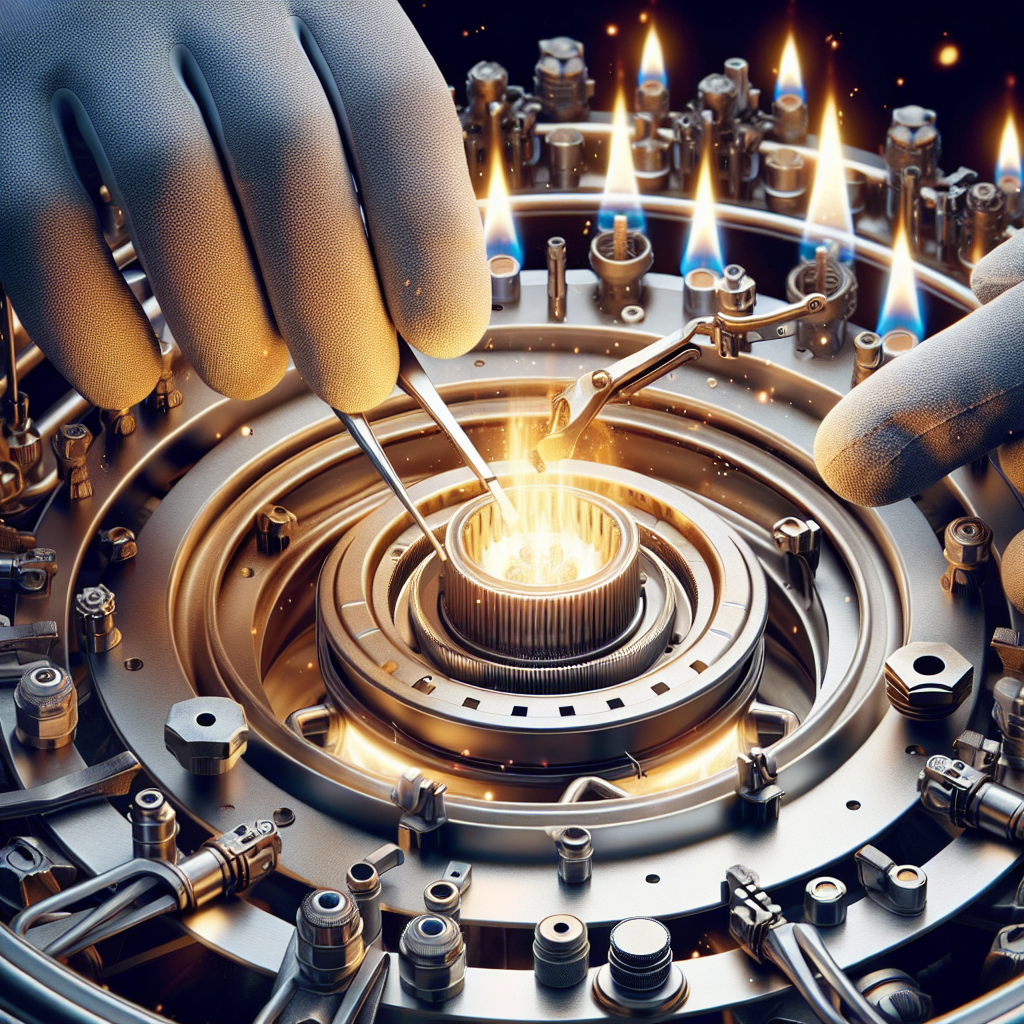Maintaining the burner system of your gas fire table is essential for ensuring its longevity and optimum performance. Regular cleaning and maintenance not only keep the system running smoothly but also ensure a safe and enjoyable experience. In this article, we will explore some simple yet effective tips and techniques to help you clean and maintain the burner system of your gas fire table, allowing you to relax and enjoy cozy evenings by the fire without any worries.
Cleaning and maintaining the burner system of a gas fire table
Maintaining a clean and well-functioning burner system is essential for ensuring the safety and longevity of your gas fire table. Regular maintenance will not only prevent potential issues but also prolong the lifespan of your fire table. In this article, we will guide you through the step-by-step process of cleaning and maintaining the burner system to ensure optimal performance and safety.

Understanding the burner system
Before diving into the cleaning and maintenance process, it’s crucial to understand the components of the burner system. The burner system consists of several key parts, including the burner itself, gas lines, control valve, igniter, and thermocouple. Each component plays a vital role in creating the flames and regulating the gas flow.
Safety precautions
Safety should always be a top priority when working with gas appliances. Before starting any maintenance or cleaning tasks, ensure that the gas supply is turned off and the fire table is cool to the touch. It’s also essential to have proper ventilation in the area where the fire table is installed. Keep flammable materials away from the fire table and always follow the manufacturer’s instructions.
Gathering the necessary tools and materials
To clean and maintain the burner system effectively, you’ll need a few tools and materials. Some of the essential items include a soft brush or toothbrush, mild soap or detergent, a bucket of water, gloves, safety goggles, and a wrench. It’s important to use non-abrasive cleaning tools to avoid damaging the burner system.
Preparing for maintenance
Before beginning the maintenance process, it is crucial to prepare the fire table. Remove any debris, such as leaves or twigs, from the table and surrounding area. Ensure the gas supply is turned off and disconnect the propane tank if applicable. By preparing the area and disconnecting the gas supply, you minimize the risk of accidents and ensure a safer working environment.

Cleaning the burner system
Start by removing the burner assembly from the fire table. Carefully detach the burner from the gas lines and control valve, following the manufacturer’s instructions. Using a soft brush or toothbrush, gently scrub the burner to remove any debris or soot buildup. If there are stubborn stains, a mild soap or detergent mixed with water can be used. Avoid using harsh chemicals that may corrode or damage the metal components.
Inspecting the burner system
Once the burner is clean, inspect each component for any signs of damage or wear. Check for cracks, rust, or loose connections. Pay special attention to the gas lines and connections, ensuring there are no leaks or blockages. If you notice any issues, it’s essential to address them promptly. Contact a professional if you are unsure or need assistance with repairs or replacements.

Replacing damaged components
If any components of the burner system are damaged or worn out, it is crucial to replace them promptly. This includes replacing cracked burners, corroded gas lines, or faulty control valves. It’s important to use compatible parts recommended by the manufacturer to maintain the safety and performance of the fire table. Consult the user manual or contact the manufacturer for guidance on finding suitable replacement parts.
Checking for gas leaks
Gas leaks are a serious safety concern and should never be ignored. After cleaning and inspecting the entire burner system, perform a gas leak test to ensure there are no leaks. Apply a mixture of soapy water to the gas connections, regulator, and valves. If you see any bubbles forming, it indicates a leak. In such cases, immediately turn off the gas supply and address the issue before using the fire table again.

Testing the burner system
After completing the cleaning, inspection, and necessary repairs or replacements, it’s time to test the burner system. Reassemble the components carefully, ensuring that all connections are secure. Turn on the gas supply and test the ignition system to ensure it sparks and lights the burner correctly. Observe the flames for a steady and consistent flow, indicating a properly functioning burner system.
Regular maintenance tips
To keep your gas fire table in optimal condition, regular maintenance is essential. Here are a few tips to help you maintain a clean and efficient burner system:
- Clean the burner system at least once a year or as needed to remove debris and ensure a clean and safe flame.
- Regularly inspect and clean the gas lines and connections for any signs of wear or damage.
- Keep the area around the fire table free from flammable materials to prevent accidents.
- Store the fire table and propane tank in a dry and protected area during the off-season to prevent rust and damage.
- Follow the manufacturer’s instructions for maintenance and care specific to your fire table model.
By following these maintenance tips, you can enjoy the warmth and ambiance of your gas fire table for years to come while ensuring the safety and efficiency of the burner system.
In conclusion, cleaning and maintaining the burner system of a gas fire table is crucial for optimal performance and safety. By understanding the components, taking safety precautions, gathering the necessary tools, and following the outlined steps, you can keep your fire table in excellent condition. Regular maintenance, including cleaning, inspecting, and addressing any issues promptly, will help prolong the lifespan and ensure a safe and enjoyable experience every time you light up your gas fire table.



